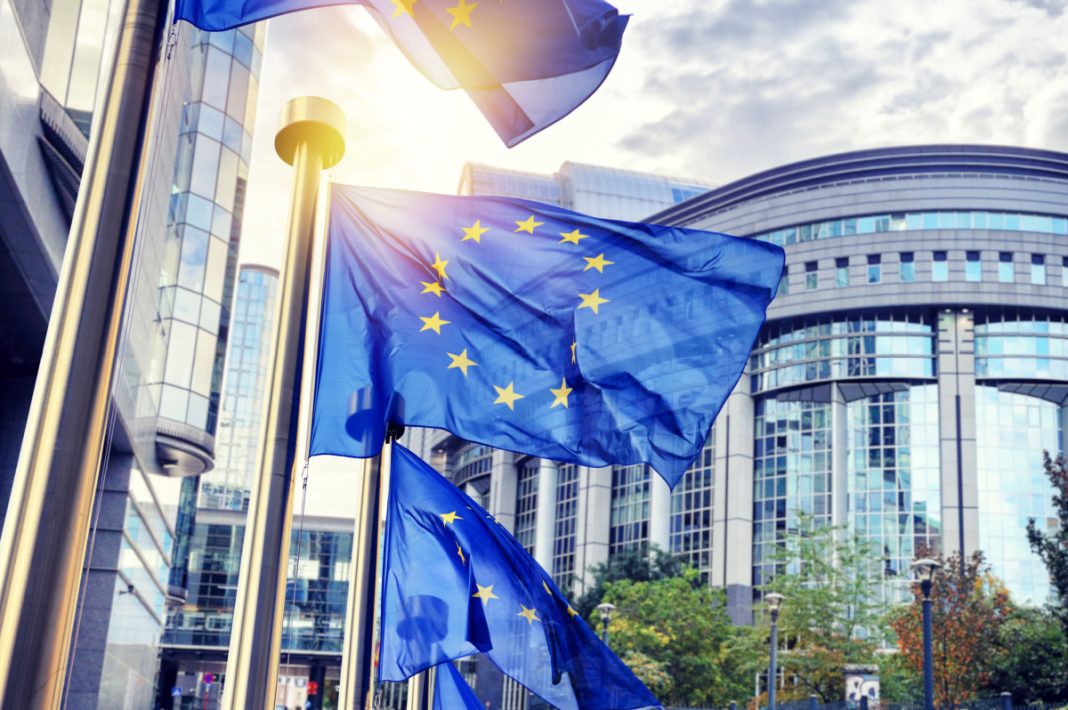Tech giants Meta and OpenAI have recently shown their support for the European Union’s new regulatory framework on artificial intelligence (AI).
As AI continues to become increasingly sophisticated and smarter, Meta Founder and CEO Mark Zuckerberg, and OpenAI Chief Executive Sam Altman agreed that the new regulation ‘aligned’ with their own.
The two parties praised the EU’s risk-based approach to handling how AI manoeuvres through its early adoption phase by introducing watermarking as a means to gain a better understanding of different AI’s.
The EU has also proposed guidelines for sectors such as education, human resources, public order, migration management and more as they deem these to be of the most high-risk to irresponsible AI.
Titled the ‘AI Act’, this law passed its draft process on 14 June and is set to be discussed in large for further examination. The EU’s AI Act will be the first defined ruleset for the technology and is expected to be enacted in 2024 if it gains a full seal of approval.
European Commissioner Thierry Breton has been meeting with officials at tech companies like Meta and OpenAI to discuss the regulations, even meeting with Sundar Pichai, CEO of Google, in early June.
Whilst Meta and Zuckerberg seem to be in full agreement of the regulations put forward, OpenAI lobbied for easier restraints on AI-based tech companies.
The parent company of ChatGPT was successful in their efforts to change some legalities, such as freedom of information requests and that its general-purpose AI should not be deemed as “high risk”, which would have had heavy regulatory focus upon it.
The news of EU’s AI regulation is the first step a governing body has taken into placing regulation over the rapidly evolving technology.
During a keynote speech at Fintech Week London, Head of the UK Treasury, Andrew Griffith, believes that AI has the potential to have ‘astronomical value’ to its market, stating that its adoption will be “early and profound” and will also help in preventing fraud attacks.






















